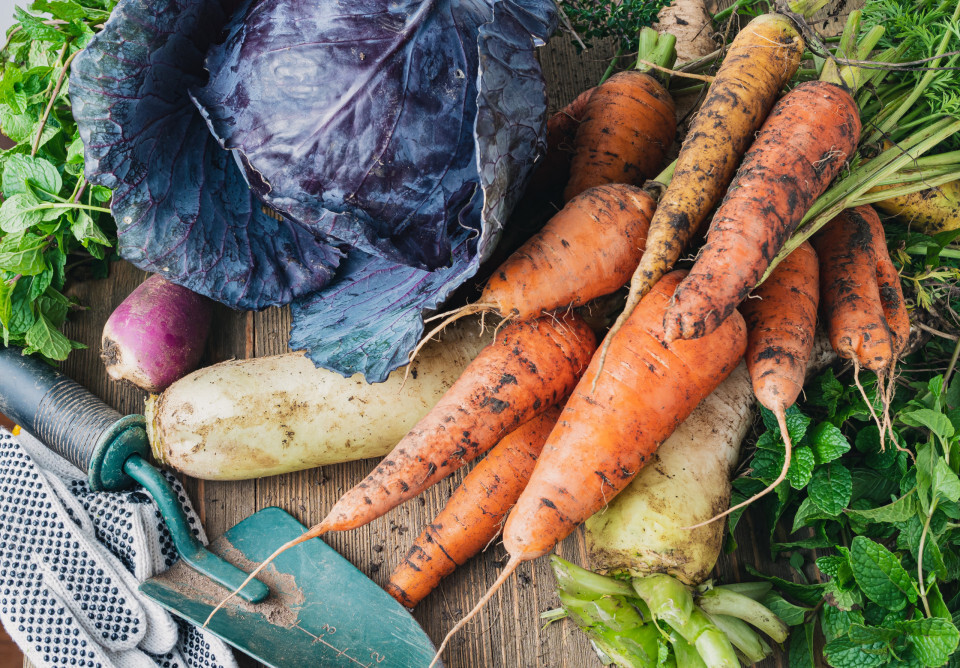
Jeju, South Korea – A severe shortage of winter vegetables is plaguing Jeju Island, largely due to last year’s extreme weather conditions. Unseasonably warm temperatures and heavy rainfall have damaged crops and reduced yields, causing a significant disruption in the supply chain.
According to the Jeju branch of the National Agricultural Cooperative Federation, the island's winter vegetable harvest has been significantly reduced. Diseases and pests have ravaged crops such as radishes, cabbage, and carrots, leading to a sharp decline in production.
Radishes, in particular, have been hit hard. Excessive heat damaged crops planted in August, while heavy rainfall in September and October caused further damage and uneven growth. With farmers reducing their radish cultivation by 8.6% this year, the supply shortage is expected to continue. As a result, wholesale prices for radishes have skyrocketed by 230% compared to the previous year.
Cabbage farmers have also faced significant losses due to crop rotation and diseases. Many farmers who previously cultivated garlic and broccoli switched to cabbage, which is relatively easier to grow. However, heavy rains and high temperatures led to waterlogged fields and the spread of diseases, resulting in a 40% loss in early cabbage production.
Carrots have also been affected by poor growth conditions, leading to a decrease in harvest volume. Continuous rainy weather has delayed harvesting, and the overall yield is expected to be lower than usual. Prices for Jeju winter carrots have increased compared to both the previous year and the average.
Broccoli, despite its high market price, has seen a decline in cultivation due to the difficulty of harvesting and the aging of farming populations. Additionally, the spread of diseases like black rot and black spot has caused a 45% loss in early broccoli production.
Other winter vegetables, such as garlic and onions, have also experienced poor growth, contributing to the overall decline in vegetable supply.
"We will continue to strengthen communication with farmers and provide support to ensure smooth production and distribution," said an official from the agricultural cooperative. "We will also implement measures to stabilize agricultural prices and increase farmers' incomes, such as adjusting the supply of agricultural products in preparation for the Lunar New Year."
[Copyright (c) Global Economic Times. All Rights Reserved.]






























